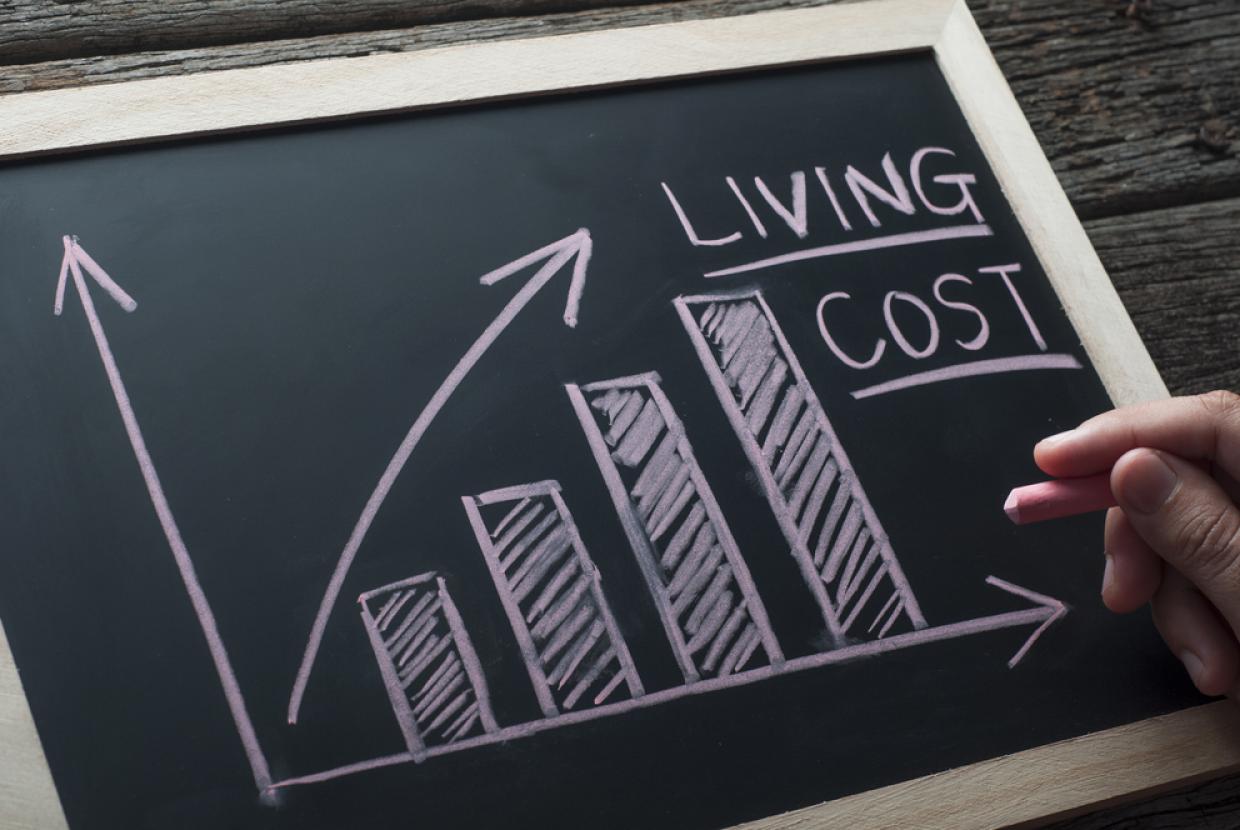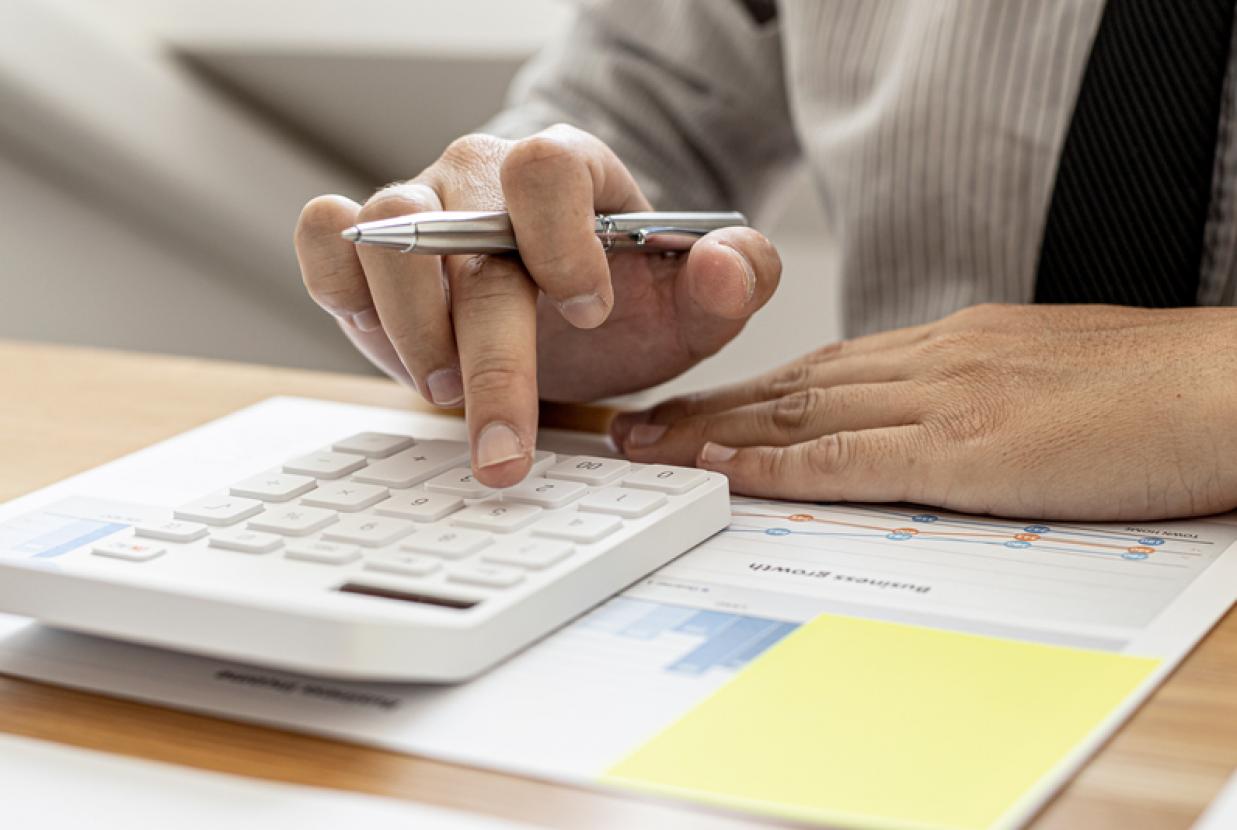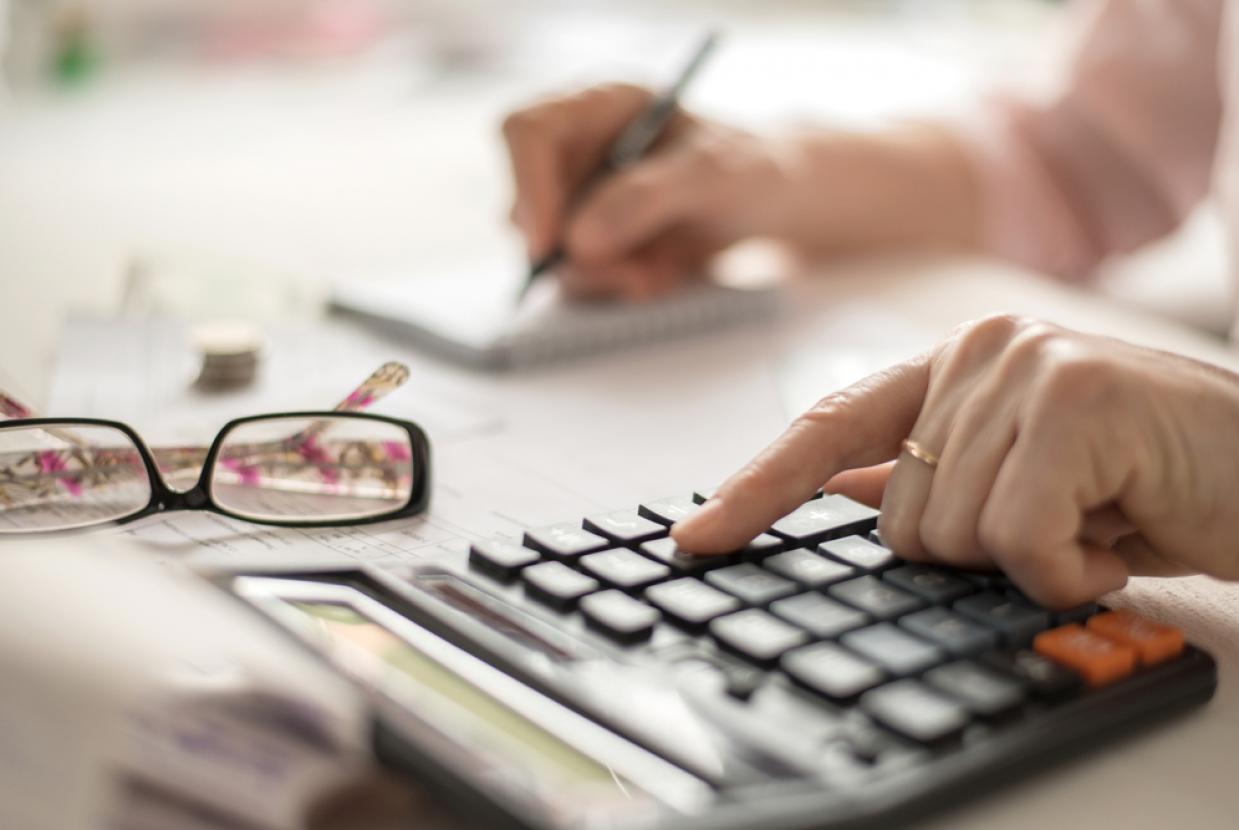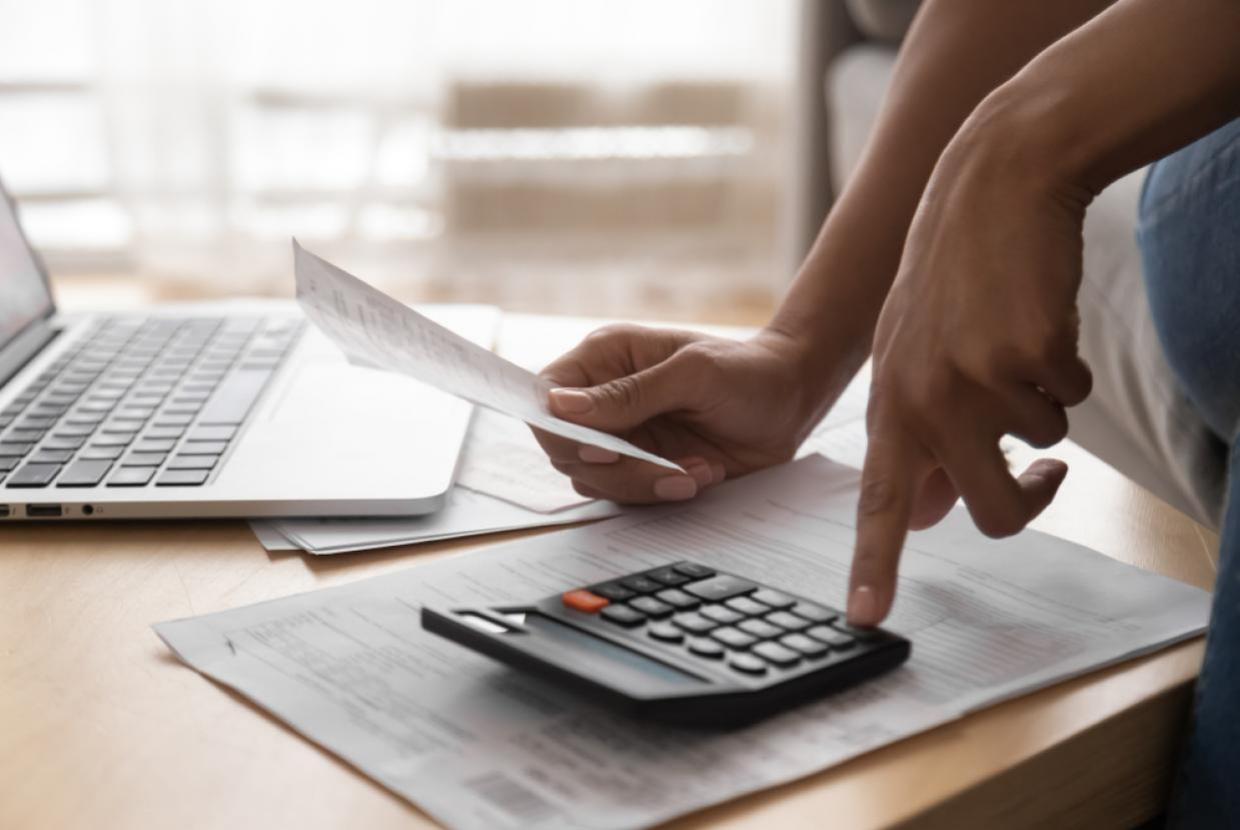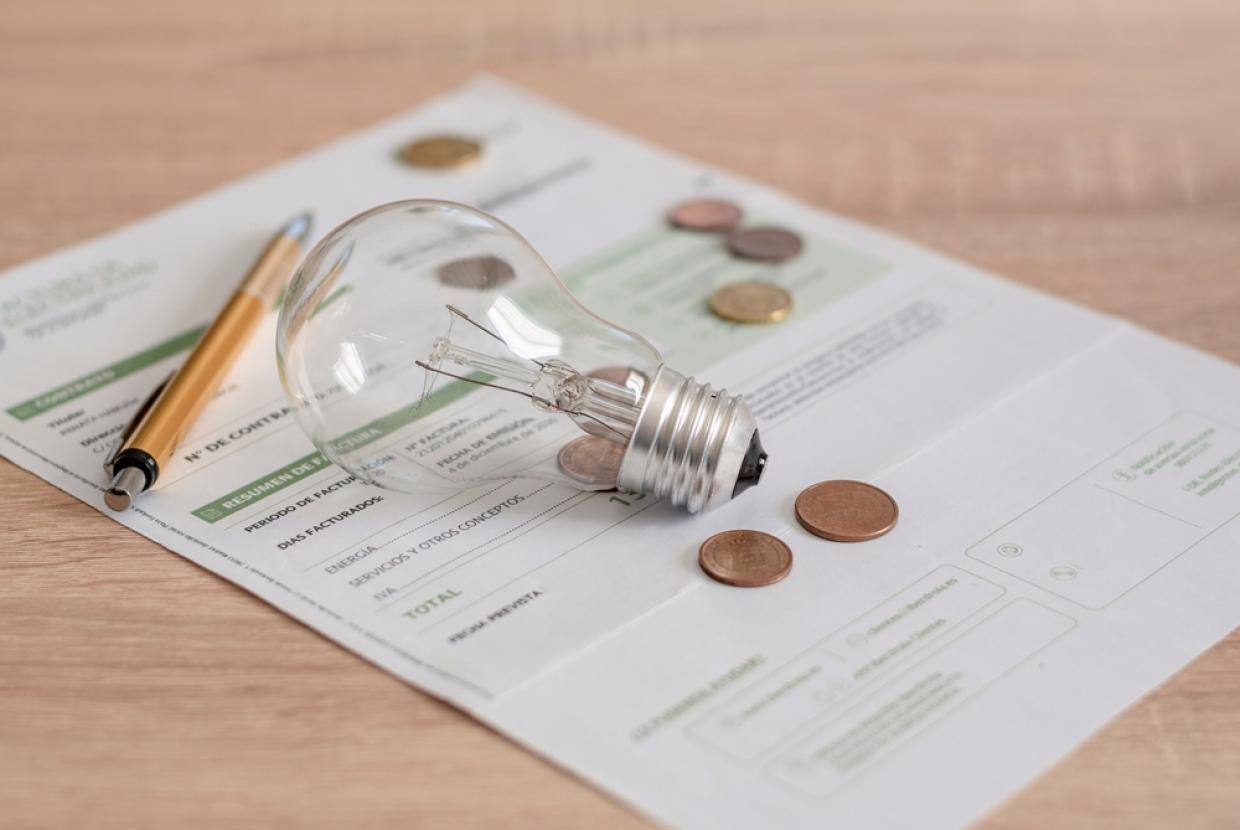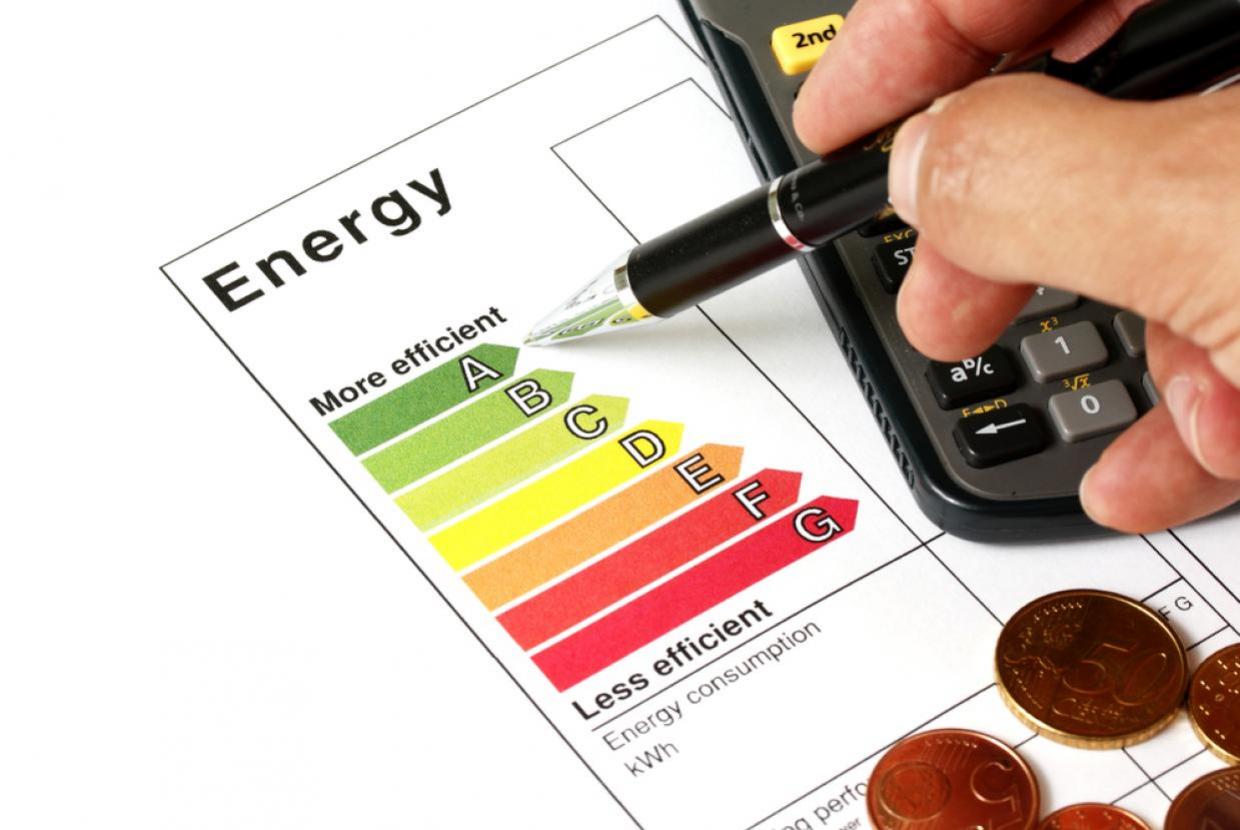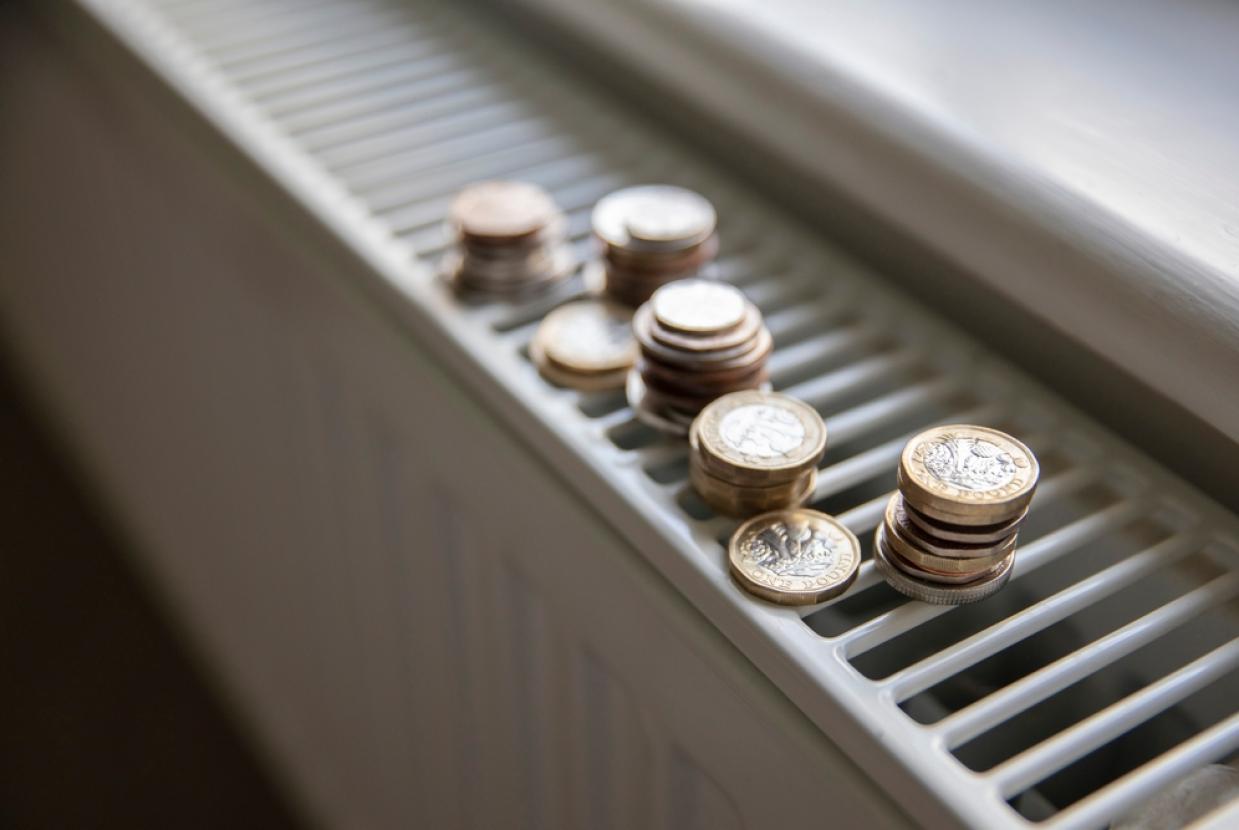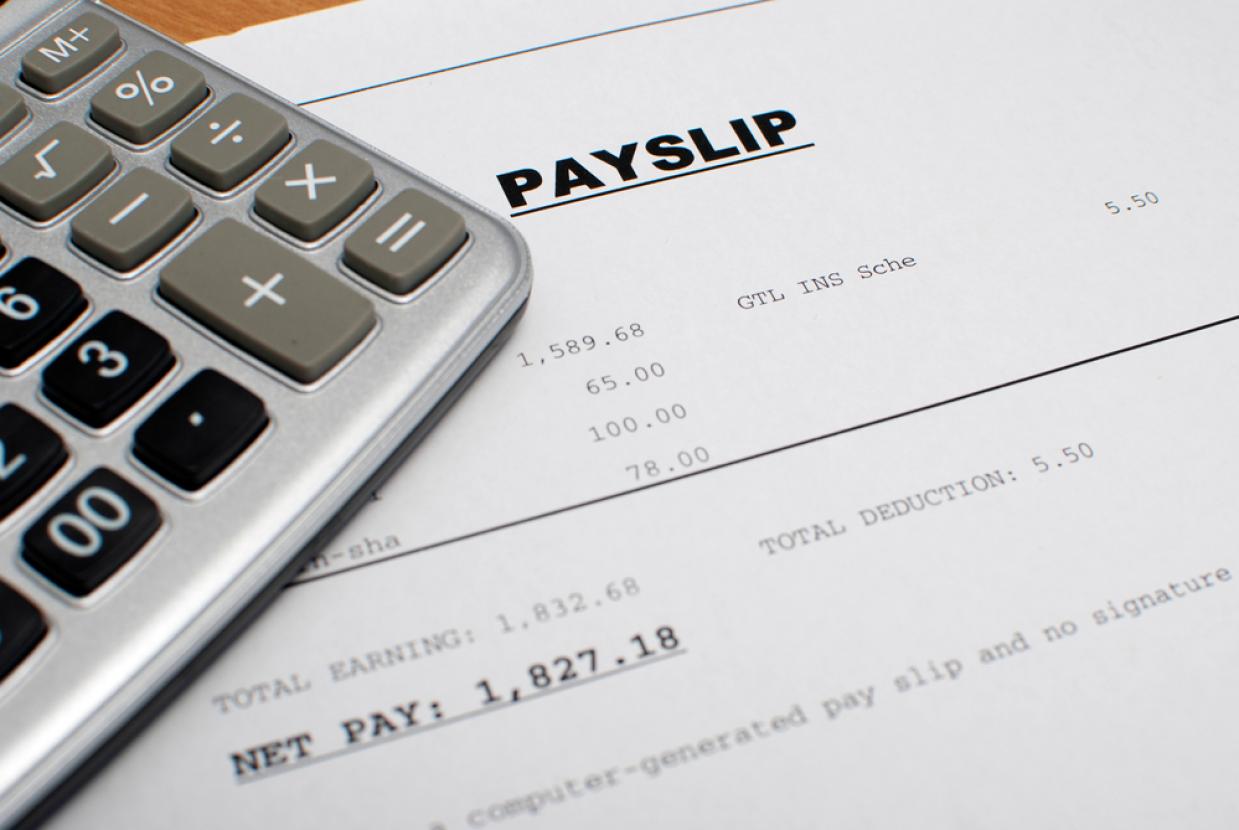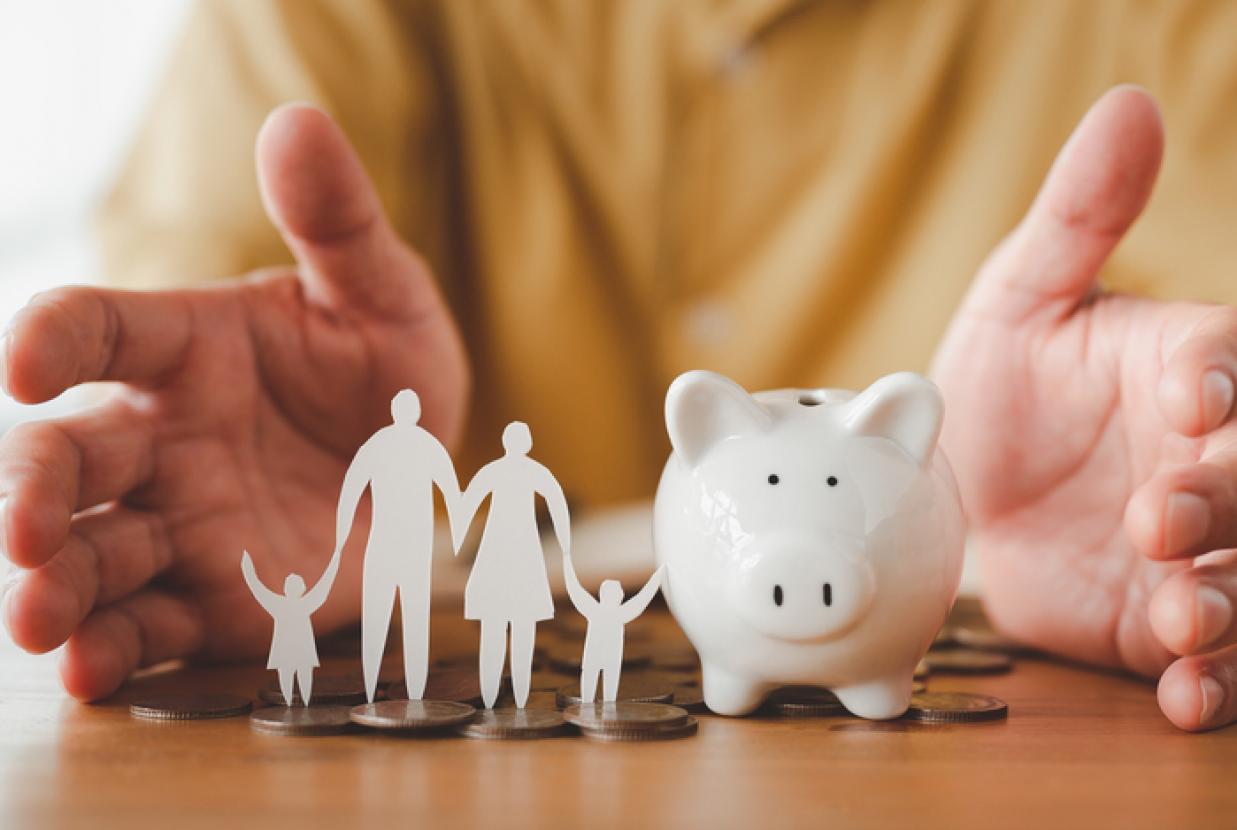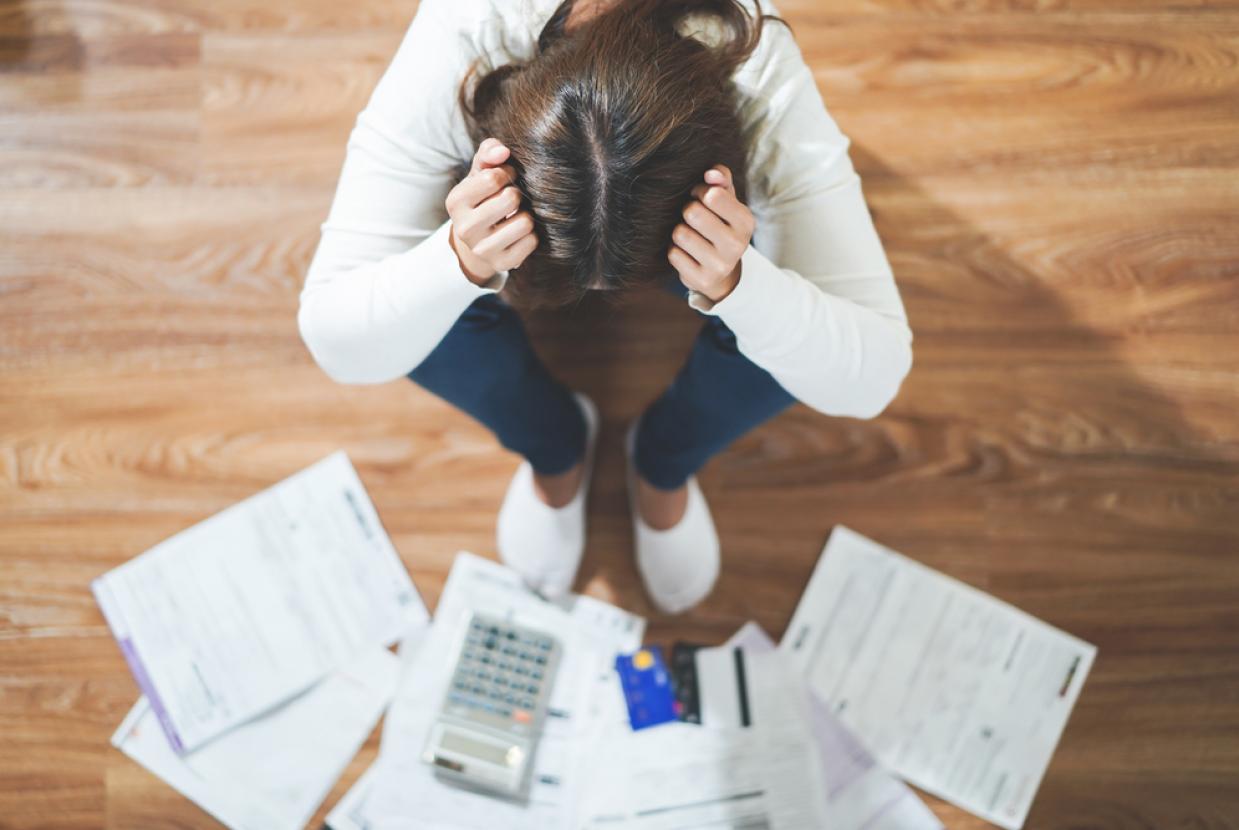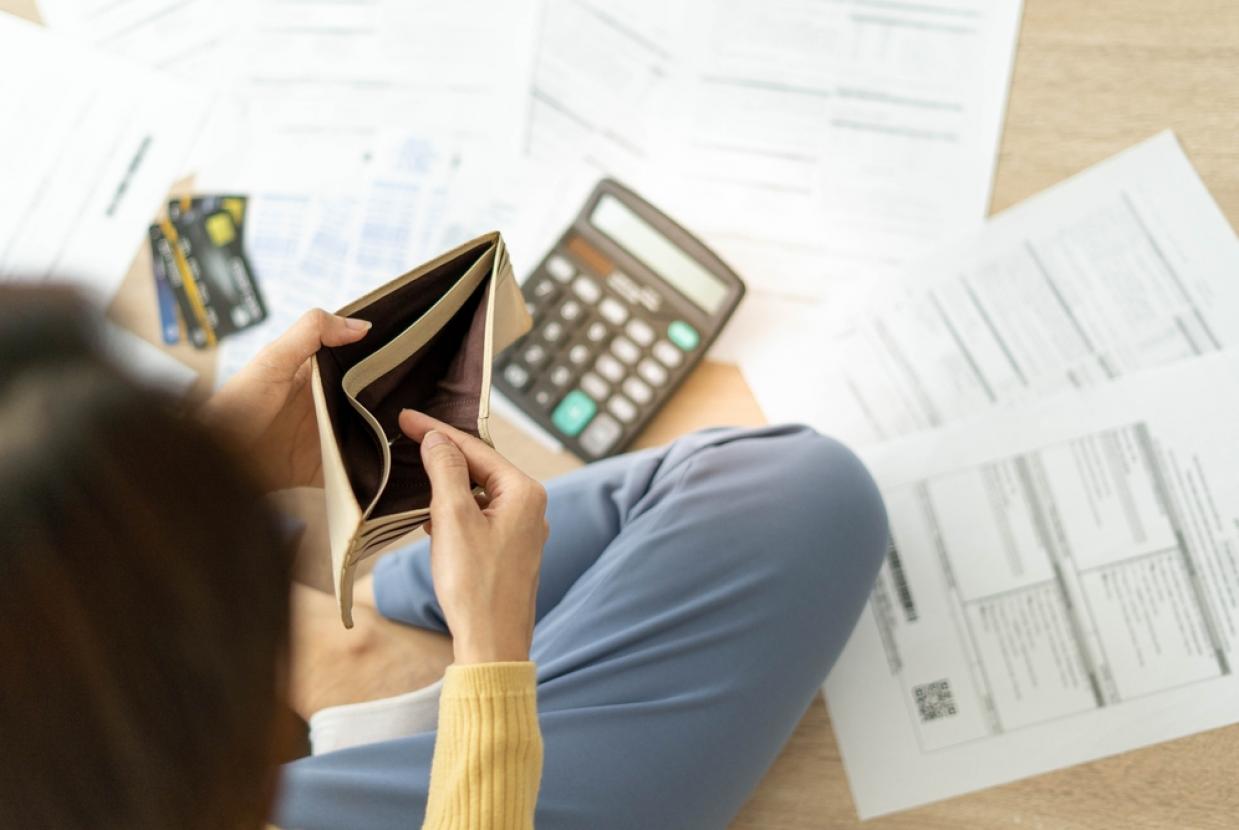What Are Tariffs?
Cost of Living HelpYou might be hearing a lot about ‘tariffs’ at the moment, and how they’re going to impact your finances – so here’s what you need to know.
What’s happened with tariffs?
On 3 April 2025, the US government announced that they would introduce a number of tariffs – a type of tax that’s added to the cost of something when it enters from another country. This includes a 10% tariff on goods heading to the US from the UK.
This situation is changing quite a bit, but currently all imports into the US will face at least a 10% tariff. Some countries will face higher rates, but most of these have been paused for 90 days. Some specific products will also have higher tariffs, including imported cars at 25%. The UK has not announced any tariffs on imports from the US.
Because tariffs add an extra cost to importing goods to the US – one of the most important global markets - this announcement has had a big effect on the world’s economy, as this new ‘tax’ needs to be factored in.
How do tariffs work?
A tariff is a type of tax that’s added to the cost of something when it’s imported from another country. It’s usually calculated as a percentage, meaning that an extra cost is added depending on the value of a product. An example of how this might work for the announced tariffs is:
- a company imports a car from the UK into the US
- the car’s base cost (which is its retail price minus taxes and margins) is £10,000
- the company importing the car will have to pay the 25% tariff – in this case, that’s £2,500
- the tariff cost is collected by the US government.
The company selling the car in the US might decide to absorb the extra cost or charge their customers more for the product.
How do tariffs impact the economy?
Introducing tariffs can affect the economy in a range of different ways, including growth, inflation and employment. It’s not always easy to predict the exact impact.
The impact of tariffs on international trade
Tariffs can generally make importing products from other countries more expensive. Because many sectors rely on importing goods from around the world, tariffs can increase their costs, which often means they’ll charge their customers higher prices.
As a result, companies that rely on international trade might see their business slow down or stop altogether while their running costs and prices are higher.
The likely impact of tariffs on the stock market and bonds
It’s very difficult to predict the exact impact of tariffs on the stock market, but any type of uncertainty tends to make share prices fall. We’ve already seen some movements in the market that has affected those with investments, including pensions.
Bond prices have also fallen, which can affect those who are closer to retirement with a ‘lifestyling’ arrangement on their pension. This can mean the value of your pension pot has changed quite suddenly. The longer-term effect depends on how countries adapt to new rules and how they respond, but anything that restricts companies from trading freely tends to have a negative effect on stock values.
How tariffs could affect inflation
It’s not clear how tariffs could affect inflation. The Bank of England is aiming to keep inflation at 2%, but if tariffs lead to higher prices across a range of products, this could begin to rise. You can learn more about how this might affect you in our guide Inflation – what does it mean for your savings?
The impact of tariffs on consumers
Although tariffs are paid by companies importing goods, the effects can still be felt by consumers on both sides of the trade. If a company is trading less because of tariffs, it can lead to higher running costs. This could be passed onto the customer with higher prices for their products and services.
It’s also possible that a country which has had tariffs imposed on it might respond by doing the same, which could increase the costs of goods – but none of this is for certain.
How might tariffs affect me?
With so much uncertainty, you’ll want to know what’s going to happen with your money situation. Here’s what could change.
Your pension pot might go down in the short term
If you are saving into a defined contribution (DC) pension you will build up a pot of money which can then be invested in a variety of ways. Most people don’t make these investment decisions themselves.
Because of the situation with the markets, some people might find that the value of their pension pot has changed. We have more information about what you can do in our blog post Why has my pension pot gone down in value?
Interest rates might fall in the short term
Many are expecting interest rates to fall, and this could be sped up by tariffs. Some mortgage lenders have already started to cut mortgage rates to prepare for this. If you’re looking to take out a new mortgage or switch to a new deal, or if you’re on a variable rate mortgage, your monthly repayments might be lower as a result of the reduced interest rate.
However, many savings accounts pay interest based on the current interest rate. So you might find that any savings you have will grow less quickly. What happens in longer term is harder to predict. If tariffs speed up inflation, it might mean that interest rates don’t drop, or fall more slowly than expected.
Prices could get higher
With international trade becoming more costly, some of the impact of a slower economy could be passed on to the customer. This might mean you’re paying more for everyday items and services, as well as for more significant purchases such as a car or mobile phone.
It’s not certain that this will happen though, and it could take time before we see the effects of tariffs on the price of our shopping baskets. It’s also possible that other countries will look to trade with the UK more to avoid more expensive trading elsewhere, leading to lower prices – but it’s very difficult to predict.
What can I do if I’m worried about tariffs?
Now is a good time to review your finances and prepare for the possible changes to the economic picture.
Review your household budget
MoneyHelper's Budget planner is a good place to start. Setting up a budget helps you keep track of your money, so you know when you can spend and how to avoid going into the red.
Get your debts under control
If you have debts, it’s important to work on getting these under control. MoneyHelper have a number of guides on Dealing with debt that explain the different ways you can pay off your debts, so you can understand more about the journey towards being debt-free.
Make sure you’re claiming any benefits you’re entitled to
You could be entitled to benefits that you didn’t know about. Around £23 billion a year is unclaimed by people who are missing out, so check if you could be claiming more.
Look at ways to save on household bills
Many households can save hundreds of pounds a year by making some changes to their household bills, so it’s worth checking. Our guide How to save money on household bills explains what you can do to save more.
Get pensions guidance from Pension Wise if you’re eligible
Pension Wise is a service from MoneyHelper, backed by government. We offer free, impartial guidance to over 50s. We can help to explain your options and how they work.
Check out our guides about the cost of living
MoneyHelper have a number of guides about Help with the cost of living, including information about getting urgent financial help and prioritising your bills.















